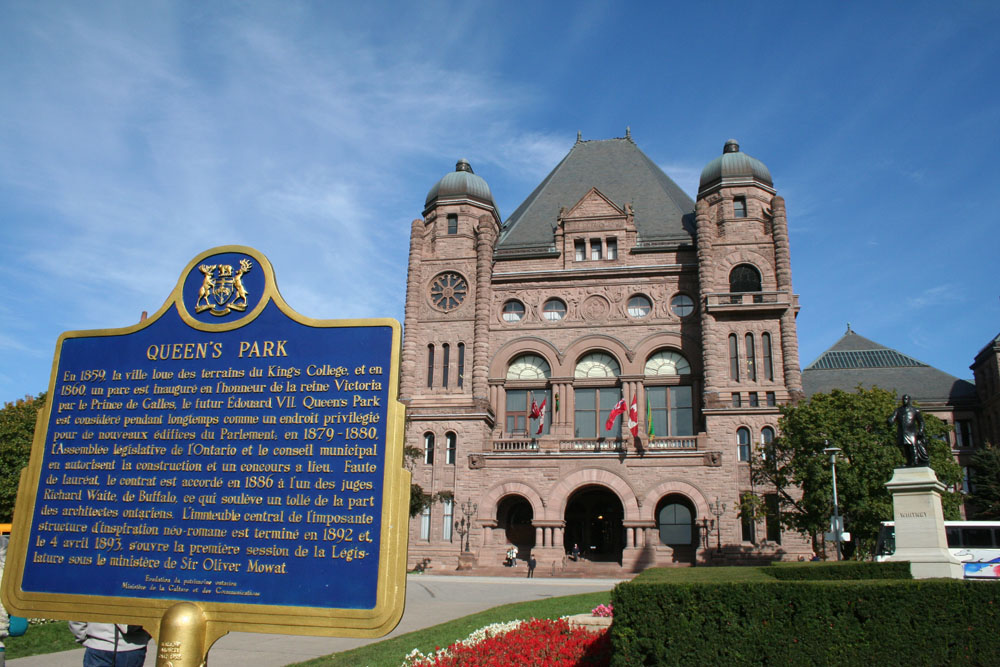Funding to help create jobs and boost growth in your rural community.
How it works
Ontario’s Rural Economic Development (RED) program provides cost-share funding to support activities that create strong rural communities in Ontario, and opens doors to rural economic development through:
- funding assistance to address barriers to economic development, better position rural communities to attract and retain jobs and investment, and enhance economic growth
- funding to build community capacity and support for economic development in Ontario’s rural communities
- investments in rural communities to help diversify and grow local economies – making economic growth more inclusive so Rural Ontario continues to share in the province’s economic prosperity
This page provides a summary of the RED program. Read the RED program guidelines for the full details about eligibility, program funding and application requirements.
The RED program is now open and accepting applications. This intake will close on February 1, 2021.
We can help with your strategy & submission: info@thesectorinc.ca
Who is eligible
To be eligible for the program you must be:
- a municipality
- a not-for-profit entity
- an Ontario Indigenous community or organization
- a Local Services Board
Funding amounts
Economic Diversification and Competitiveness Stream: up to 50% of eligible project costs to a maximum of $150,000.
Strategic Economic Infrastructure Stream: up to 30% of eligible project costs to a maximum of $250,000.
Calculation of Costs
The calculation of cost-share funding for all selected projects will be based on the total eligible costs outlined in the application.
- Funding may be provided at the amount or percentage requested, or at a reduced amount or percentage (subject to limits within each stream).
- The project’s maximum eligible costs cannot be increased.
- The timeframe of the project cannot be extended without the written approval of OMAFRA (in its sole discretion).
All selected applicants must enter into a contribution agreement with the Province of Ontario. All applicants have joint and several liability for any funded project.
Program streams
Economic Diversification and Competitiveness Stream
Economic diversification and competitiveness projects:
- remove barriers to business and job growth
- attract investment
- attract or retain a skilled workforce
- strengthen sector and regional partnerships
- diversify regional economies in rural Ontario
The majority of costs for projects in this stream will be non-capital. Projects must include implementation-oriented activities beyond strategic plan development (for example, economic development, feasability, marketing, research or evaluation.
Strategic Economic Infrastructure Stream
Strategic economic infrastructure projects advance economic development and investment opportunities in Rural Ontario, such as:
- rehabilitation of cultural, heritage or tourism attractions
- redevelopment of vacant or under-used properties
- main street minor capital improvements
Applications for strategic economic infrastructure projects should include previously completed work (for example, plans, strategies, research and data) that identifies the project as an economic development priority.
The RED program is now open and accepting applications. This intake will close on February 1, 2021.
We can help with your strategy & submission: info@thesectorinc.ca
#funding #ontario #impactinvesting #socialenterprise #socialfinance #socialinnovation #sdgs #thesectorinc #consulting #mba #wbs #bradfordturner #sustainability #ESG #venturecapital




